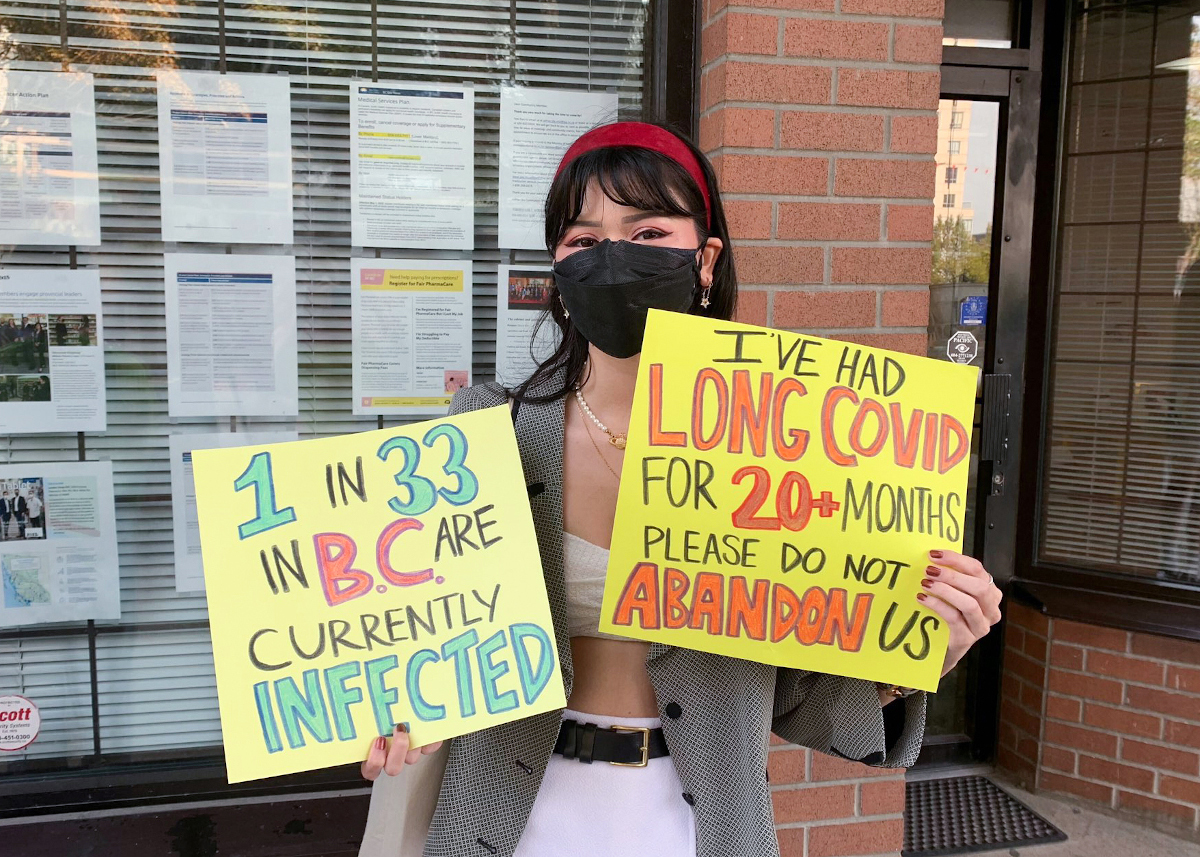Advocacy group launches province-wide campaign to strengthen mask protections in healthcare.
DoNoHarm BC, a grassroots group advocating for public health measures, is campaigning to keep mask protections in the healthcare industry year-long.
In a release, the organization says healthcare workers are not required to stay masked everywhere. Last April, they were able to stop masking in various settings, including in ERs, children’s hospitals, and cancer centres.
“B.C. currently requires masks in hospitals and long-term care for staff, contractors, visitors, and volunteers – but not for patients,” DoNoHarm BC said in a news release.
“While policy-makers have only guaranteed this measure for a “few months” over the winter, DoNoHarm BC notes the last time BC discarded healthcare masking, multiple medical facilities suffered COVID outbreaks.”

